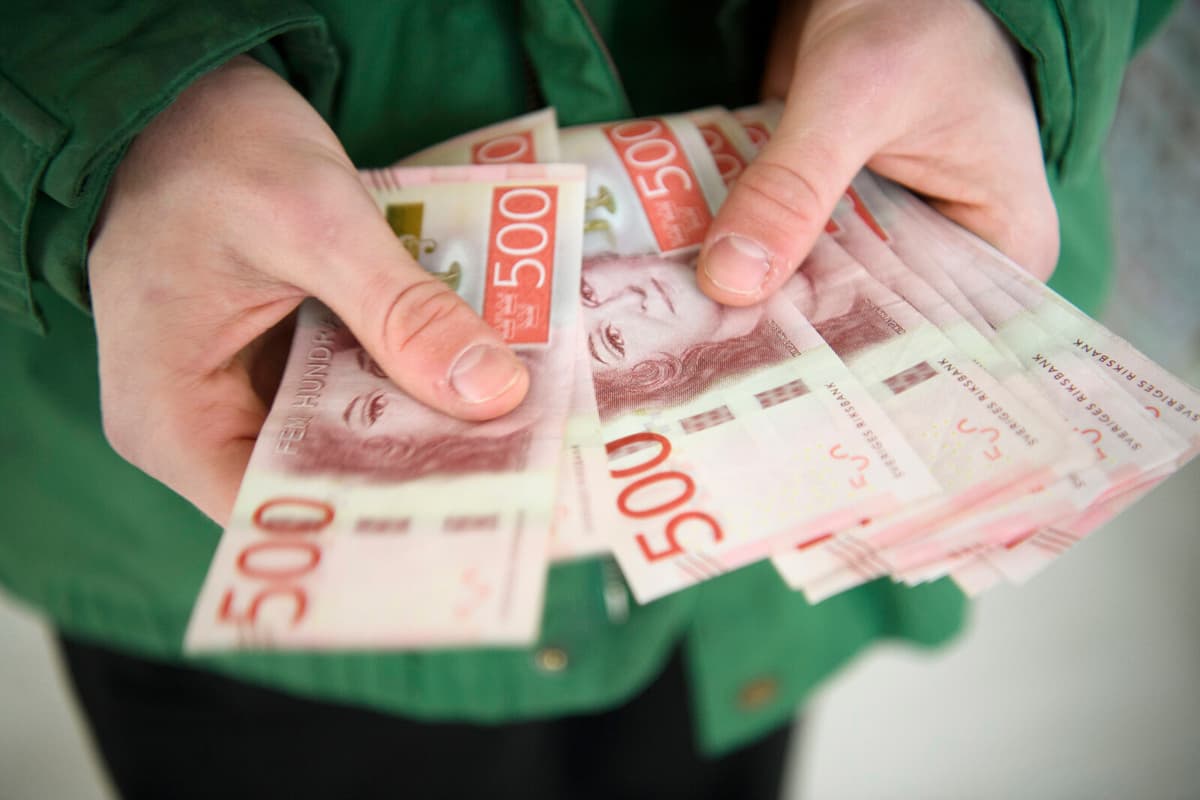To place one's savings in a so-called investment savings account, also known as an ISK account, has become increasingly popular. Not least because it has been advantageous when it comes to taxation of capital income.
However, since inflation and the general interest rate have been high, the government bond yield has risen sharply in recent years. And as the withholding tax on ISK accounts is based on the government bond yield, it has also become more expensive to save via ISK.
In line with the higher withholding tax we've had in recent years, the average return requirement has increased for it to be profitable to save in an ISK, says Shoka Åhrman, savings economist at SPP.
Expected to decrease
The withholding tax for ISK accounts, which is paid on the entire capital every year, is calculated according to a formula where the government bond yield plus one percentage unit is the basis.
Now that inflation has decreased and interest rates have fallen, including the Swedish Central Bank's policy rate, the government bond yield is also expected to decrease somewhat – and thus also the ISK tax. The interest rate that governs the ISK tax for 2025 will be set next week.
Unless something drastic happens, the tax should be lower than what we've seen in recent years, says Åhrman.
In addition to a lower government bond yield, those who save via ISK will also benefit further.
The government, together with the Sweden Democrats, agreed as early as the Tidö Agreement that there should be no tax on the first 300,000 kronor.
Can increase interest
When Finance Minister Elisabeth Svantesson (M) presented the budget in September, it became clear that ISK savings up to 150,000 kronor from next year will be tax-free. The level will then be raised to 300,000 kronor in 2026.
Even though the taxation of ISK accounts will still be at a historically high level, these two factors can make saving get an additional boost among Swedes. According to the latest figures from the Tax Agency, over 3.8 million have an investment account.
Absolute. The stock market has been resilient during a period of crisis and low growth. Add to that the combination of it becoming tax-free together with how easy it is to save via ISK, says Shoka Åhrman.
Malin Johanson/TT
Facts: How ISK works
TT
On an investment savings account (ISK), you can save, for example, in stocks and funds. You don't pay any tax on the profits you make, instead, an annual tax is paid based on the total value of the assets, regardless of profit or loss. You don't need to declare the profits or losses you make on the ISK account.
Instead of taxing each individual sale of funds or stocks, taxation is done according to a withholding tax on the ISK account.
Source: The Tax Agency






